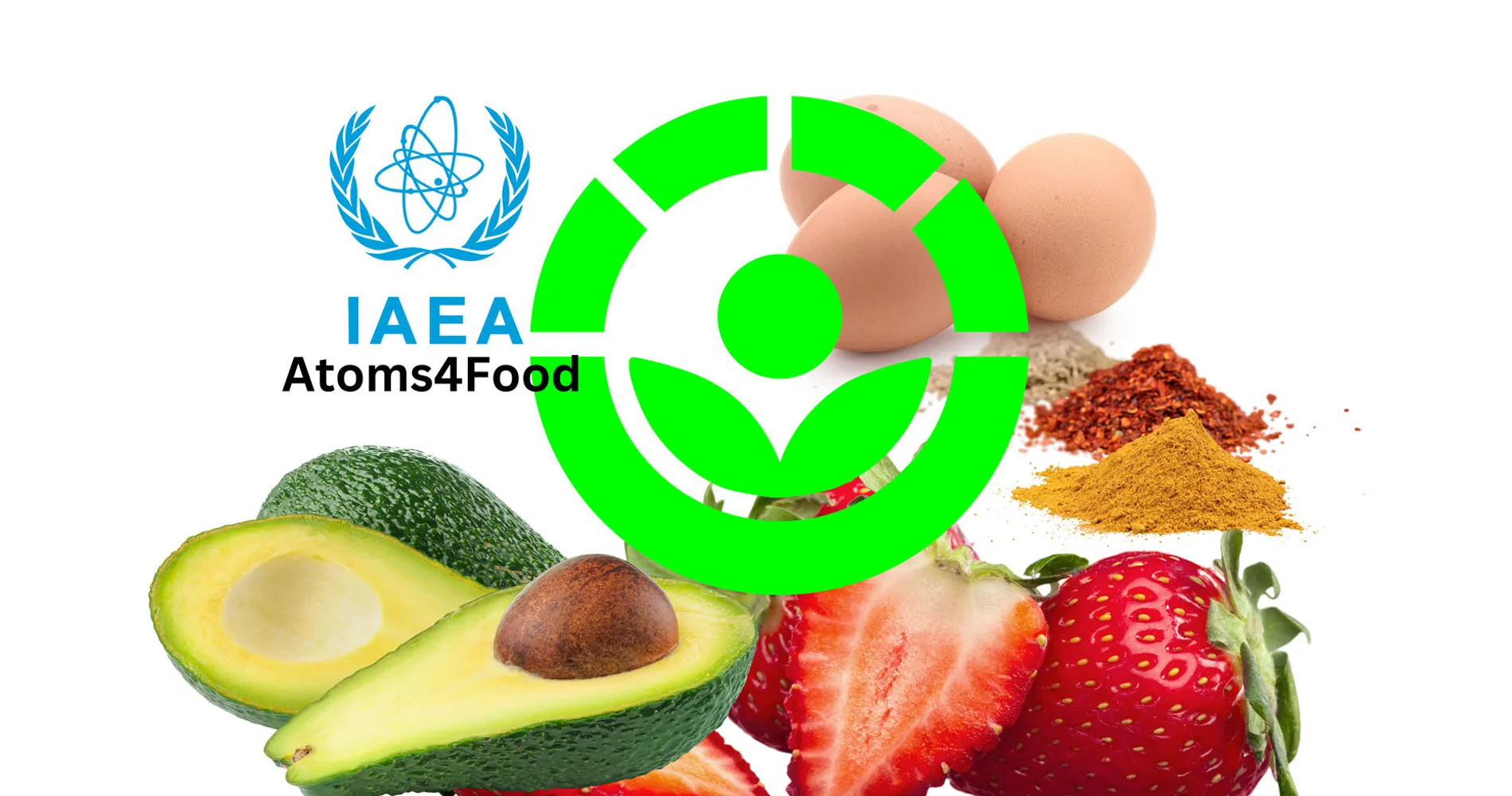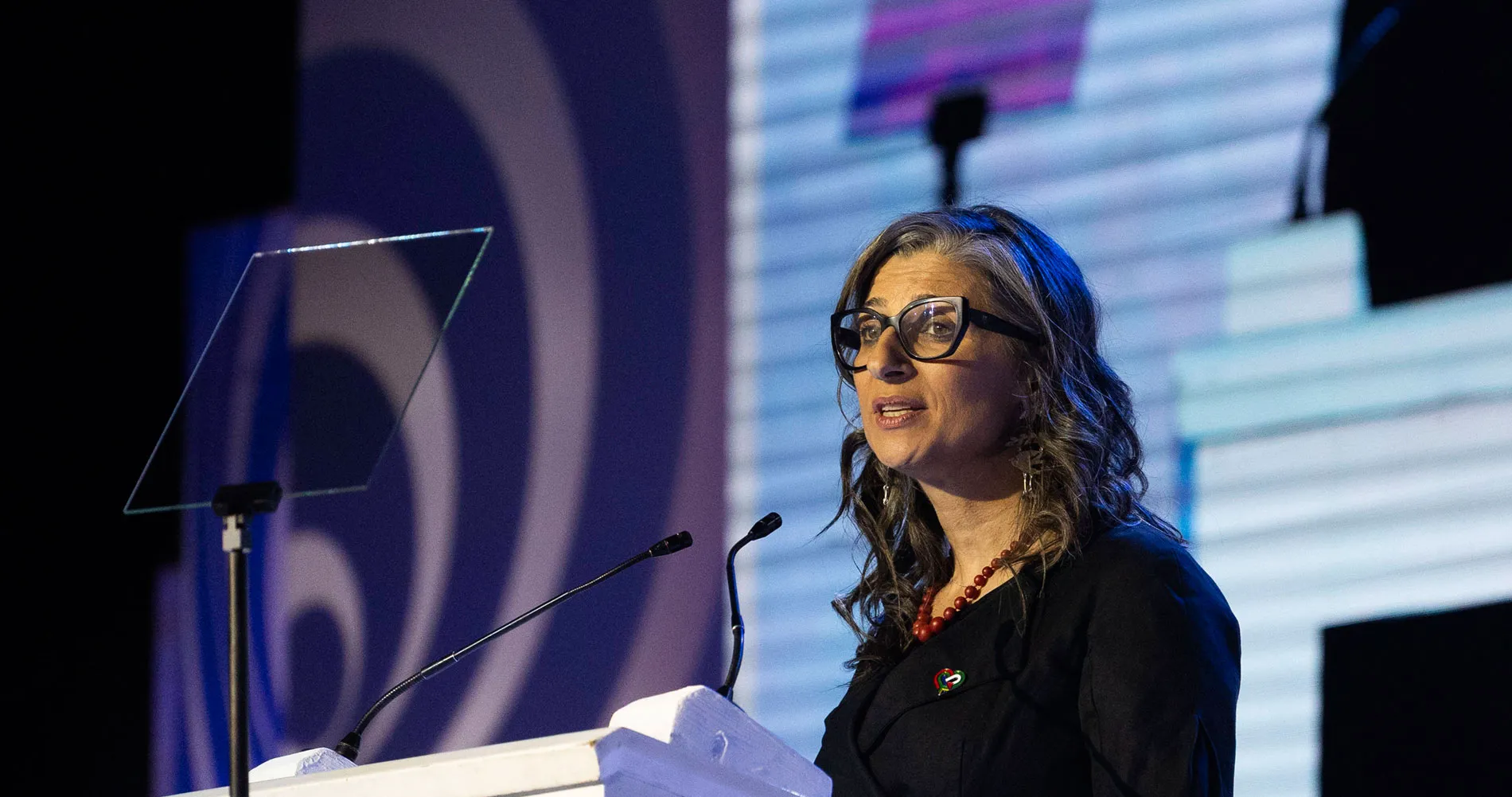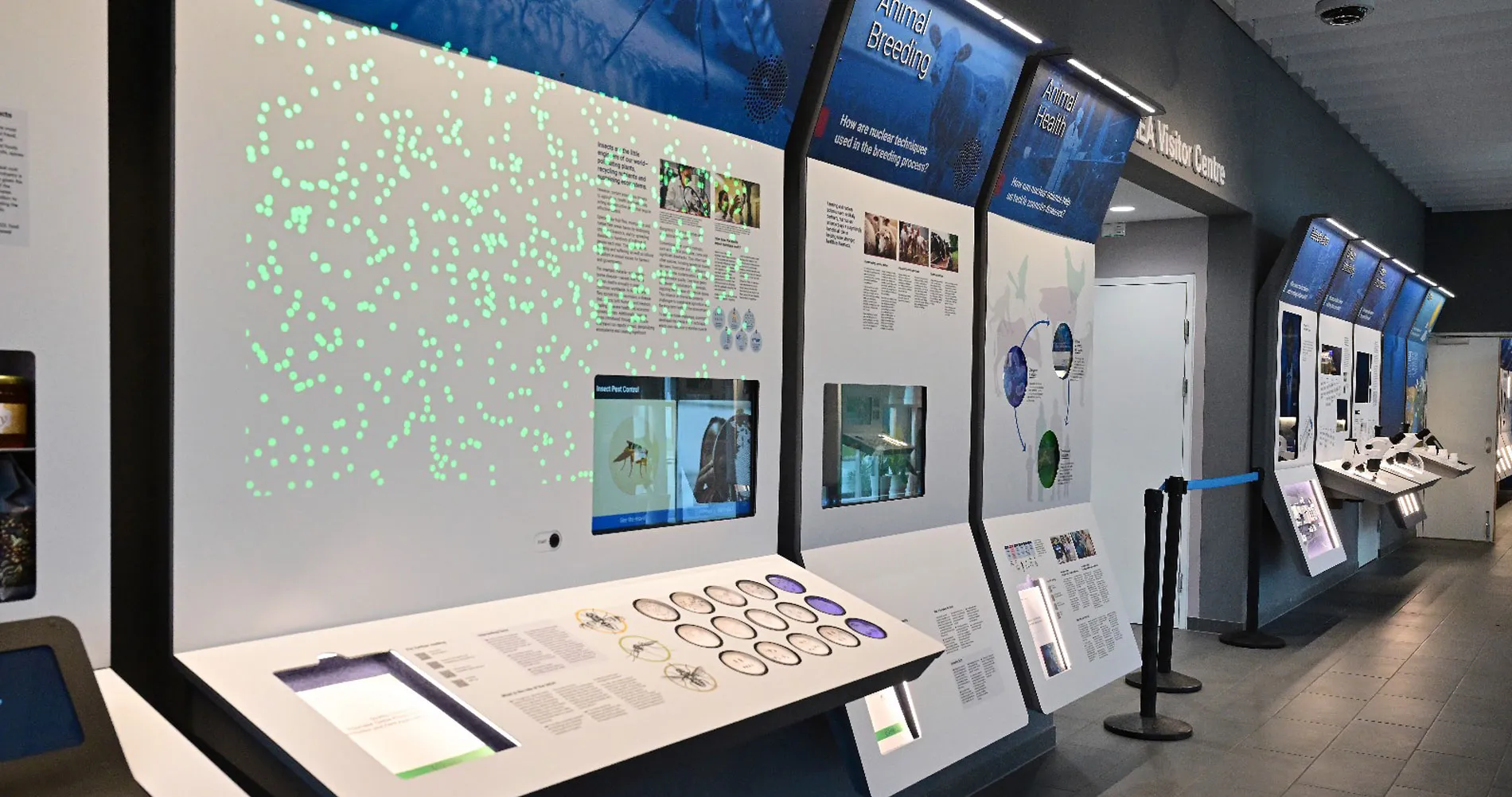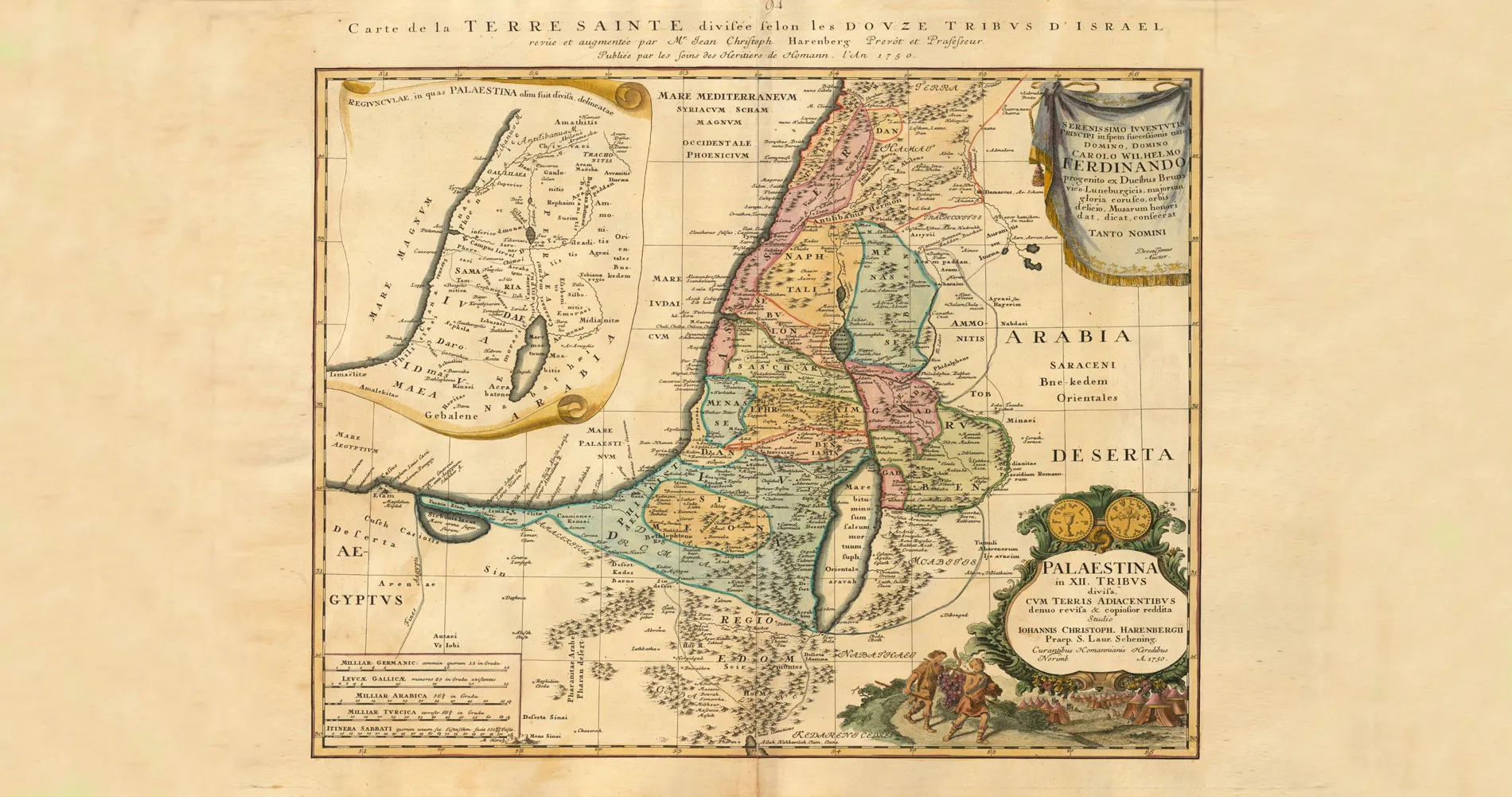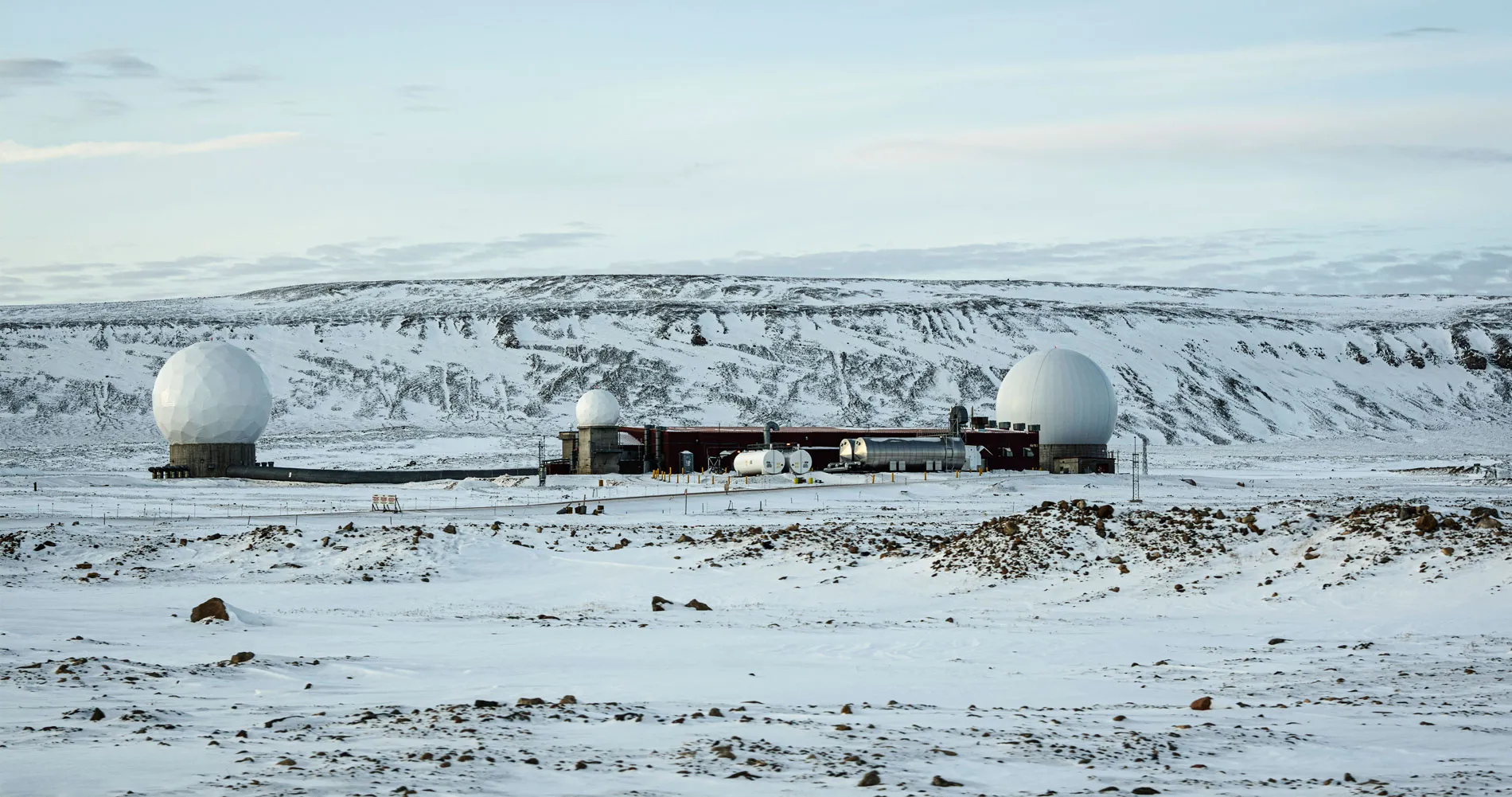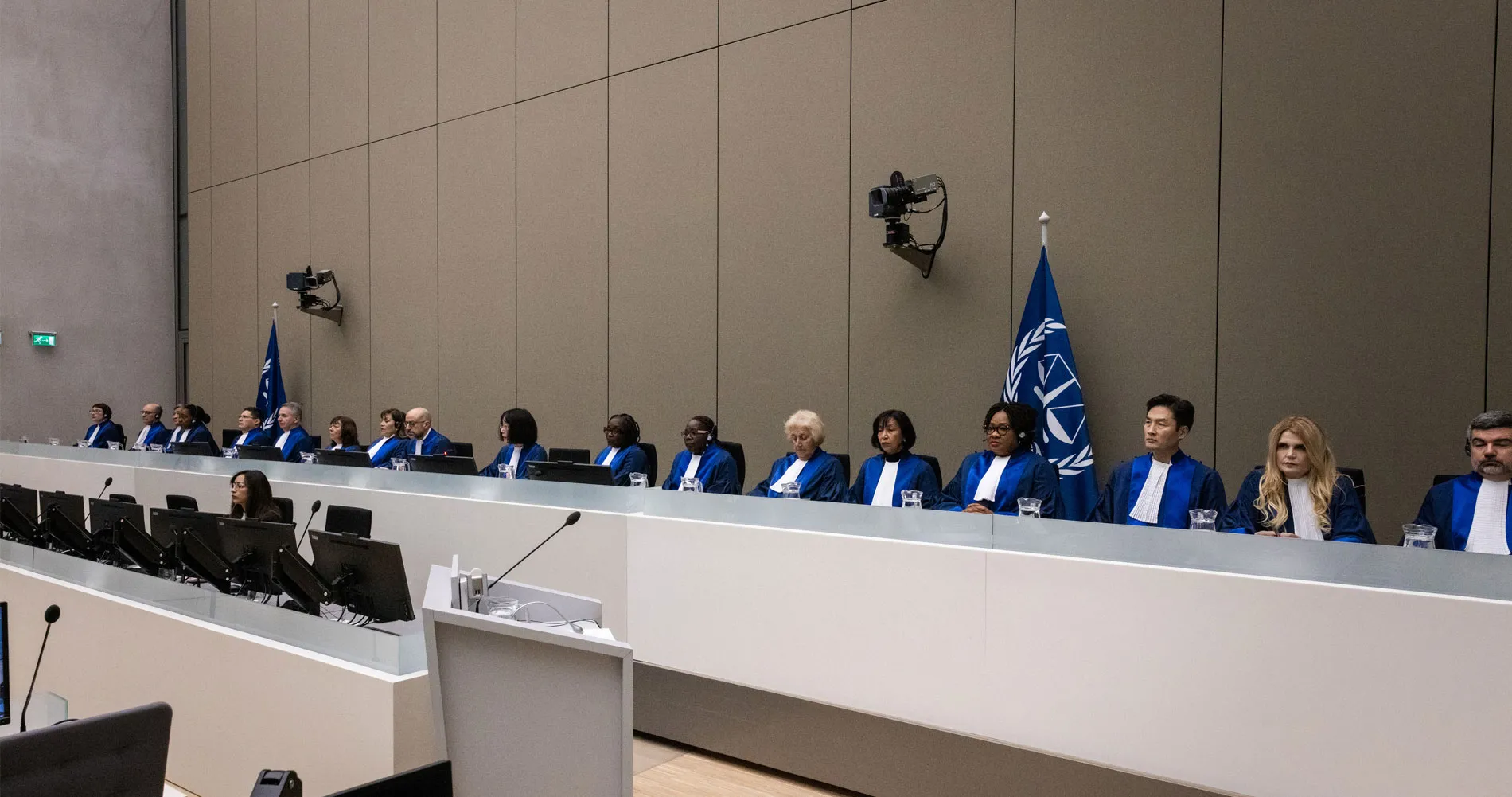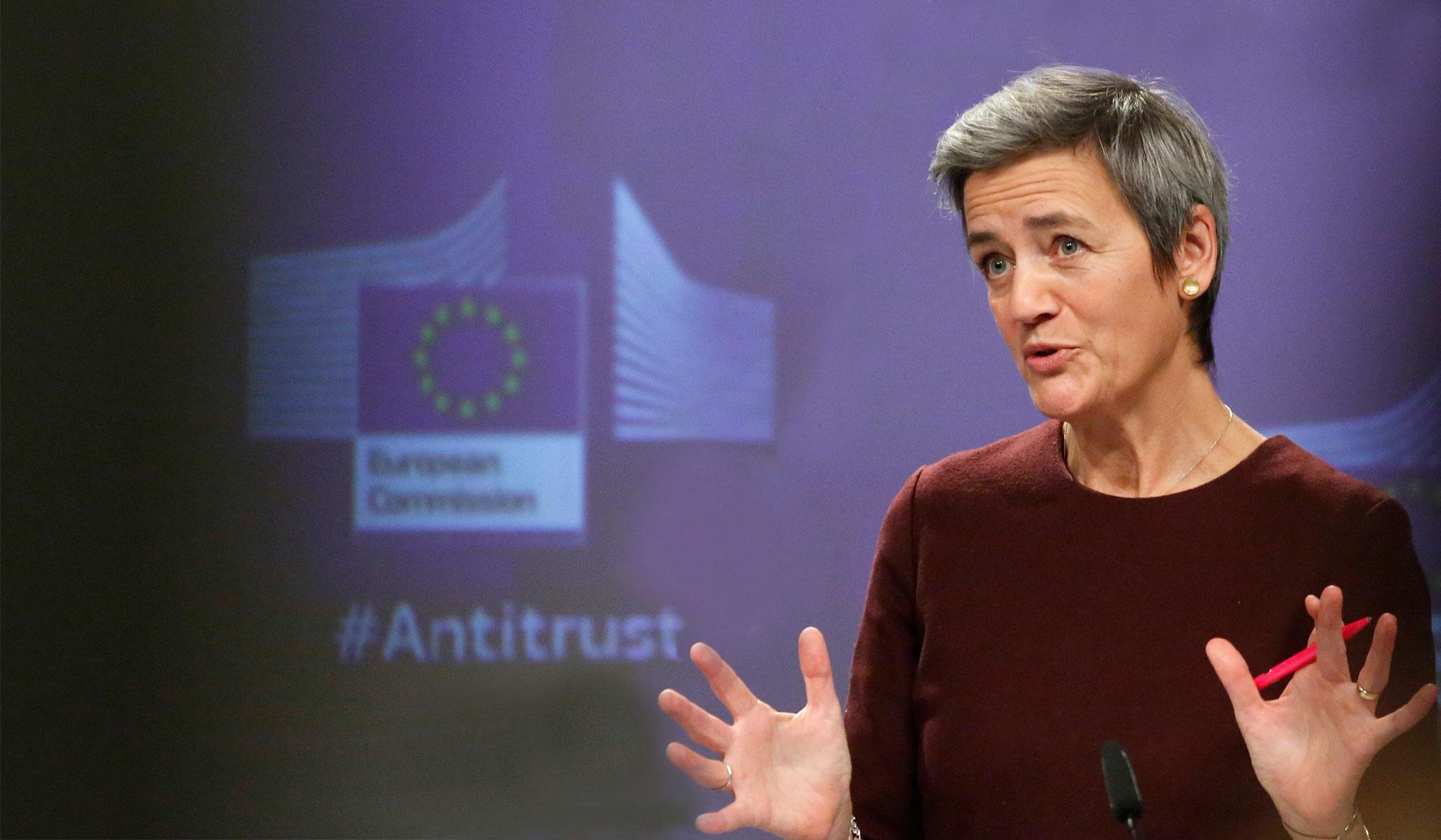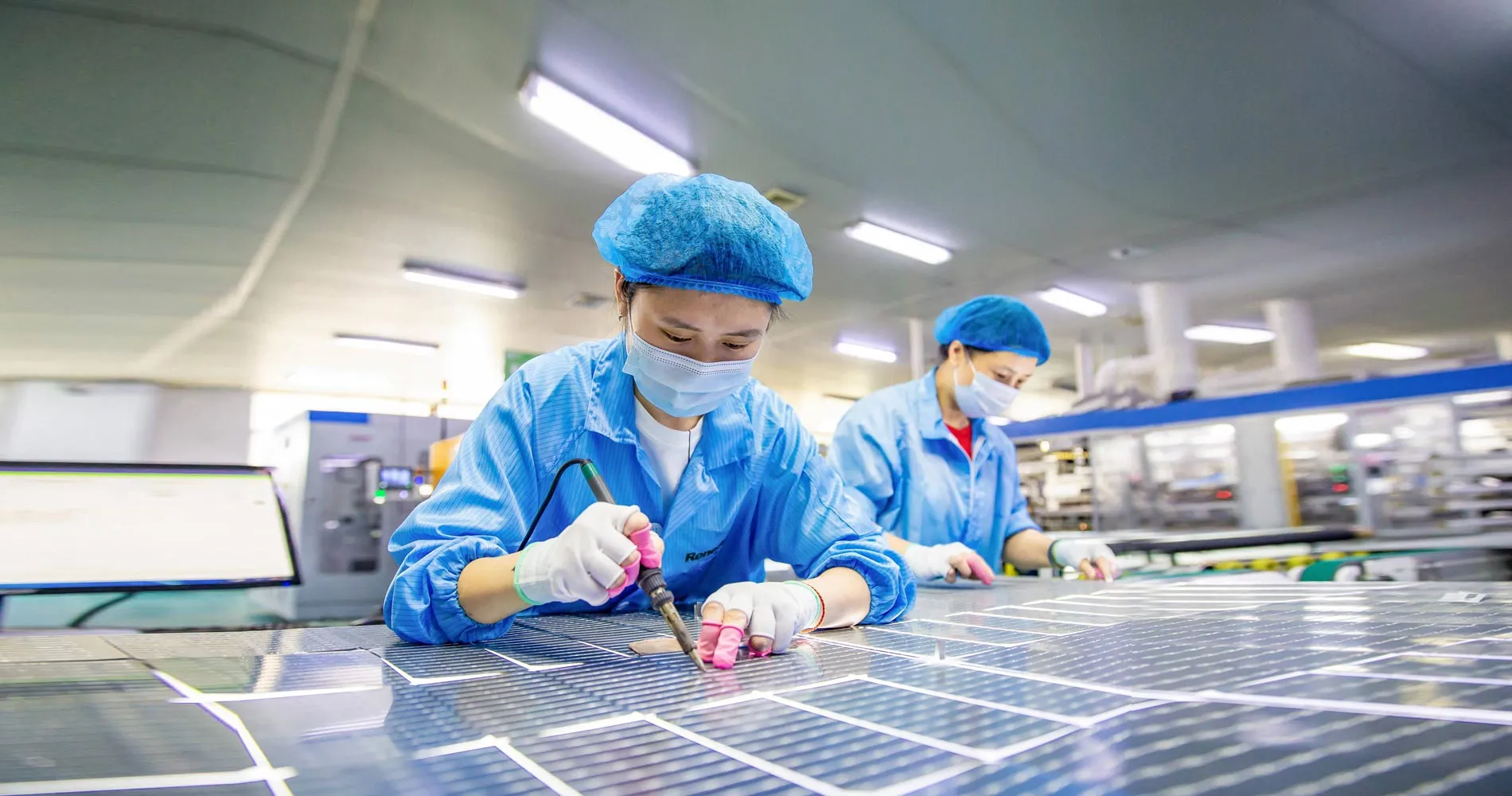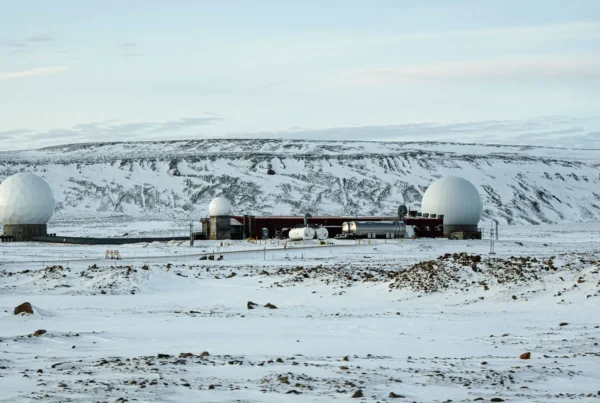The IAEA/FAO Atoms4Food focuses on improving food safety by utilizing nuclear and isotopic techniques to control contaminants, pathogens and pests in food products. An International Symposium on Food Safety and Control held in Vienna 27-31 May 2024 highlighted how nuclear science and technology can provide innovative and practical solutions to achieve food security and enhance well-being. Atoms4Food offers innovative tools to grow healthier and safer crops to reduce foodborne illness.
Bruce McMichael
20 June 2024
Arabic version | Chinese version | French version | German version
The world is facing a food crisis. Fraud, climate change, conflict and poor education on food safety have conspired to see close to 800 million people facing daily hunger and 3.1 billion unable to afford a healthy diet, while rates of obesity are increasing.
These issues, and how nuclear technologies can be utilized in food safety processes, were the topic of a major International Symposium on Food Safety, and Control held at the IAEA headquarters in Vienna, Austria from 27-31 May 2024, a week before the annual UN-sponsored World Food Safety Day planned for 7 June 2024.
IAEA Director General Rafael Mariano Grossi has stated that “Increasing climate extremes will cause more crops to fail as global food demand rises. We need to use every tool we have to grow more food … Nuclear science offers incredible, innovative tools to grow stronger, healthier, safer crops and to protect the food we need to live.”
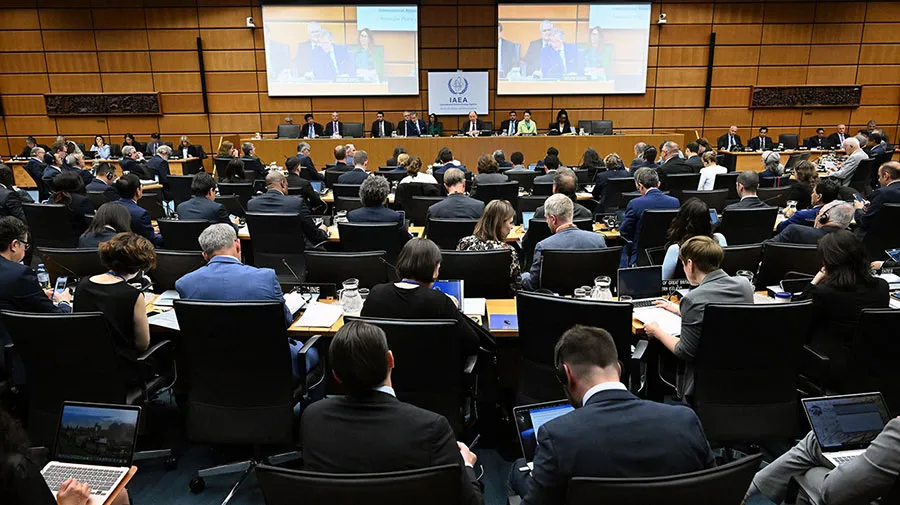 3 June 2024, Vienna, Austria. Opening statement to the IAEA’s Board of Governors, Director General Rafael Mariano Grossi on Ukraine, Iran, Atoms4Food, Rays of Hope and More. © IAEA
3 June 2024, Vienna, Austria. Opening statement to the IAEA’s Board of Governors, Director General Rafael Mariano Grossi on Ukraine, Iran, Atoms4Food, Rays of Hope and More. © IAEA
In late 2023, Vienna-based International Atomic Energy Agency (IAEA) and the United Nations Food and Agriculture Organisation (FAO), headquartered in Rome, partnered to deliver Atoms4Food, an initiative to use a range of nuclear technologies to support global food safety and security.
Atoms4Food focuses on improving food safety by utilizing nuclear and isotopic techniques to control contaminants, pathogens and pests in food products. Food irradiation techniques to extend shelf life and reduce foodborne illnesses are also crucial to the initiative.
“We find ourselves in an unprecedented time, where hunger and malnutrition are on the rise, posing a threat to humanity,” Grossi and FAO director-general Qu Dongy said in a joint statement at the program’s launch.
Food safety involves ensuring what we eat and drink is free from contaminants and fit for human consumption. On a global level, Codex Alimentarius, developed by FAO and WHO (World Health Organisation), sets international food safety standards, while individual countries and groups, such as the US Food & Drug Administration and the European Food Safety Agency, cover the European Union.
The issue impacts several of the UN’s Sustainability Development Goals. For example, Goal 2 of reaching Zero Hunger, Goal 3 of Good Health and Well-Being, Goal 6 of Clean Water and Sanitation and Goal 12 of Responsible Consumption and Production are all impacted by food safety and control issues.
Nuclear energy plays a significant role in enhancing food safety through irradiation. Using radioisotopes in agricultural techniques eliminates pathogens, controls pests, extends shelf life, and optimizes agricultural practices, delegates at the symposium heard from speakers drawn from across the world.
“Collaborative research initiatives, such as those conducted at Tsinghua University in China and Texas A&M University in the USA, are leading the way in optimizing irradiation processes and developing novel applications for food safety. These efforts highlight the potential of machine source irradiation to transform the food industry, using chemical-free technologies to ensure higher standards of cleanliness and extending the global reach of safe, high-quality food products”, noted the IAEA in a post-symposium statement. “At the same time, it minimizes food loss, prevents foodborne illnesses and facilitates international trade in food commodities through coordinated research efforts and implementation of innovative irradiation techniques,”
Applying nuclear technology can help improve soil fertility, optimize water usage, and increase crop yields while using isotopic techniques to study and improve plant nutrition, pest control and disease resistance. In Kenya, for example, the IAEA supports a project with the Kenya Agricultural and Livestock Research Organisation, helping to develop a new drought-tolerant strain that can withstand new diseases such as stem rust.
Nuclear energy can significantly enhance food safety through irradiation, using radioisotopes in agriculture and supporting research and development. These techniques help eliminate pathogens, control pests, extend shelf life, and optimize agricultural practices, ultimately contributing to safer and more sustainable food systems. The IAEA’s capacity-building efforts and safety standards ensure these technologies are used effectively and safely worldwide. The IAEA works on many levels, from leading the science to funding laboratories in developing countries such as Costa Rica and Uganda.
Each year, one in ten people fall ill eating contaminated food, says Dr Francesco Branco, WHO Director, Nutrition and Food Safety, adding that around 420 000 people die each year as a result of foodborne disease. Globalization of trade has exacerbated food safety problems.
Effective food safety affects animal welfare, helping make food fit for human consumption and suitable for export. Food on our plates travels further than most humans will ever do and to more countries. Tracking and monitoring ingredients is problematic. In the US, a processed meal of lasagne can contain over 100 ingredients. After the UK’s horsemeat scandal in 2012, research by auditors KPMG reported that in a processed food supply chain, there could be 450 points at which food safety can break down. This results in difficulty in the tracking of ingredients as diverse as herbs, spices and dairy items from their source with relevant authentication certification.
Head of the IAEA’s Department of Nuclear Sciences and Applications, Najat Mokhtar, concluded the symposium, noting that it had resulted in expert networking and discussions, adding that food safety is everyone’s responsibility –from scientists to policymakers and consumers. Ms Mokhtar called for increased data compilation, analysis and sharing of best practices, as well as for the delegates to continue lobbying their national governments to support nuclear-related food safety and control technologies.


